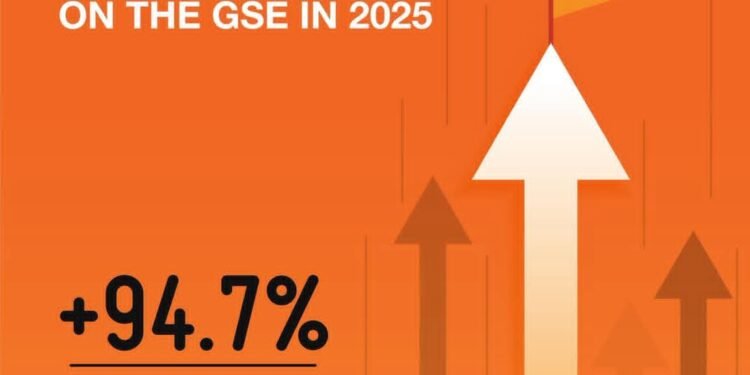Ghanaian rap sensation, Kwaku Nsia Boama, widely known in the entertainment industry as Flowking Stone, has called for international copyright experts to manage the Ghana Music Rights Organization (GHAMRO).
Flowking Stone believes that bringing in a foreign expert could provide a much-needed solution.
“First of all GHAMRO’s situation, if there is an international private company that can manage it better let’s give it to them to do it for us.
“We have been complaining about the situation at GHAMRO for a long time and most of these copyright international companies have been coming to Ghana so let’s allow them to manage ours for us.”
Flowking Stone
The ‘Go Low’ hitmaker said it’s quite baffling that GHAMRO has not been able to manage situations regarding royalties and so a foreign expert needs to be given a chance.
“It’s people’s lives that are being handled in such a jovial manner because as a musician when you get to the age of 60 years there is no pension that you are going to be receiving,” he wondered.
“The little royalties that will help the musician to be self-sufficient that one too we don’t know how to collect it and so why don’t we give it to someone who knows how to collect these royalties for us.
“We have been discussing the ineffectiveness of GHAMRO for the past 20 years but in Ghana people only like talking to make others believe that they’re sensible.”
Flowking Stone
Flowking Stone Highlights Challenges in Promoting Music in Ghana

Flowking Stone shed light on the increasingly difficult landscape for promoting music in Ghana.
The rapper detailed the significant shifts in the music industry over the years, attributing the challenges to changes in how music is produced and marketed.
Flowking Stone, who has been a prominent figure in the Ghanaian music scene, recalled the days when music producers played a pivotal role in promoting artists.
“Those days when we used to come to radio, the producers would drop our songs and fund it. They’d take the songs to the DJs and pay them. Then, it got to a point where the producers left to go do movies when Kumawood was at its peak, and music wasn’t working like that anymore.”
Flowking Stone
The rapper noted that the rise of the internet had a profound impact on the industry. This shift caused many producers to pivot towards film production, particularly in Kumawood, which was experiencing a boom at the time.
As a result, artists were left to fend for themselves, marking the beginning of a challenging era for many musicians in Ghana.
“There was a change. They weren’t able to sell CDs; the internet was emerging, and the artists were in disputes with producers over various issues,” he explained.
With producers stepping back, musicians were forced to take on the burden of promoting their music, leading to the rise of independent or “indie” artists.

Flowking Stone highlighted that these artists now have to cover all promotion expenses, from paying dancers to securing airtime on radio and TV, and even running advertisements on digital platforms and social media.
“There was a very long period when artists were funding themselves; it’s only recently that record labels have started to come in. Then TikTok emerged, and people started gaining popularity, and we thought, okay, this could work,” he said.
However, the rapper also expressed concern over the increasing costs of promotion on social media platforms. He noted that platforms like Facebook and TikTok, which once offered organic reach, now require artists to pay for adverts to reach a broader audience.
“The funny thing is that TikTok is the last hope, and they started charging more than all the others. So now the job is difficult, you can blow up on TikTok, but if you don’t have good friends on radio, it won’t go further. The original budget you need has become bigger, and as an artist, you might not have it.”
Flowking Stone
Flowking Stone’s remarks offer a sobering insight into the current state of the music industry in Ghana, where the rise of digital platforms has made promotion more accessible yet more expensive and challenging.
As artists continue to navigate these changes, the landscape of the industry is likely to keep evolving, with only the most adaptable able to thrive.
READ ALSO: NewGold ETF Emerges as Sole Gainer on GSE Amidst Market Slump























